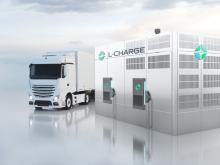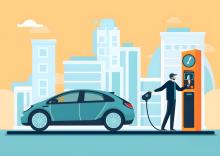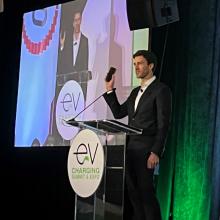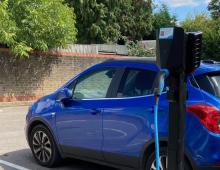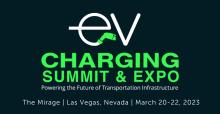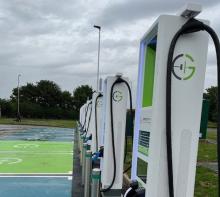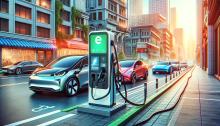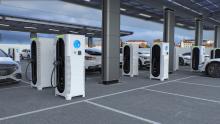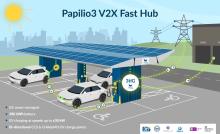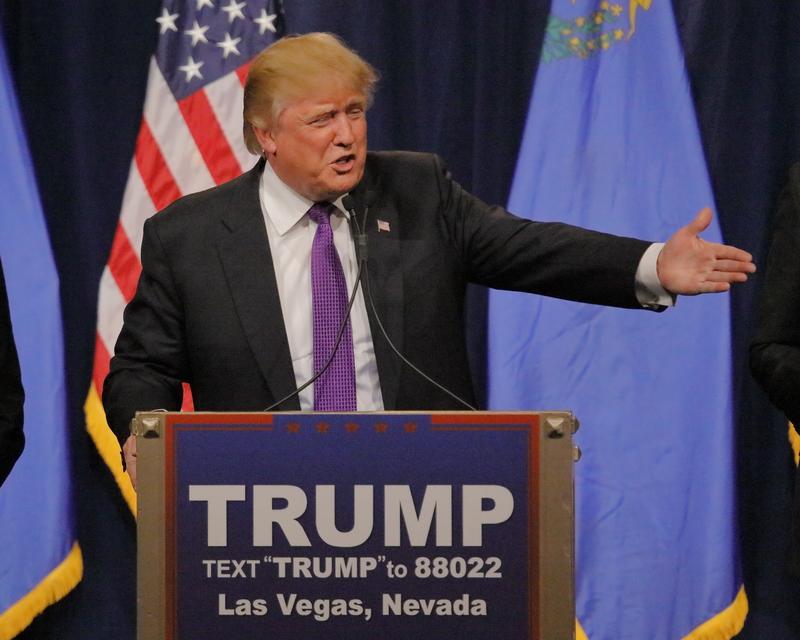Main navigation
- News
- Products
- Features
-
Categories
- Research / White Papers
- Battery tech developments & impact on charging
- Built infrastructure requirements
- Charging accessibility
- Company News
- Data gathering/Cloud storage
- Electrification of fleets
- Energy Grids and power supply
- Government initiatives, innovations, and legislation
- Green hydrogen/Eco-fuels
- Hardware and software for AC chargers
- Hardware and software for DC chargers
- Heavy vehicle charging
- Key industry milestones
- Maintenance planning & initiatives
- Online charger booking and payment systems
- Private sector initiatives & innovations (including PPPs)
- Sustainable power generation (all types)
- Systems integration
- V2G and V2X charging developments
- Wireless/inductive charging
- Events
- Videos
leaderboard1
Features
boombox1
Editor's Choice
Highlighted Content
boombox2




